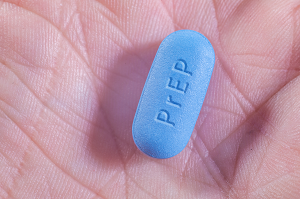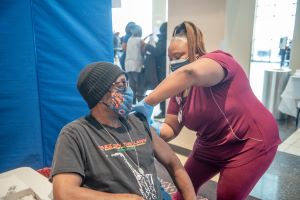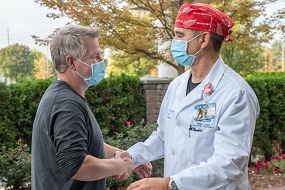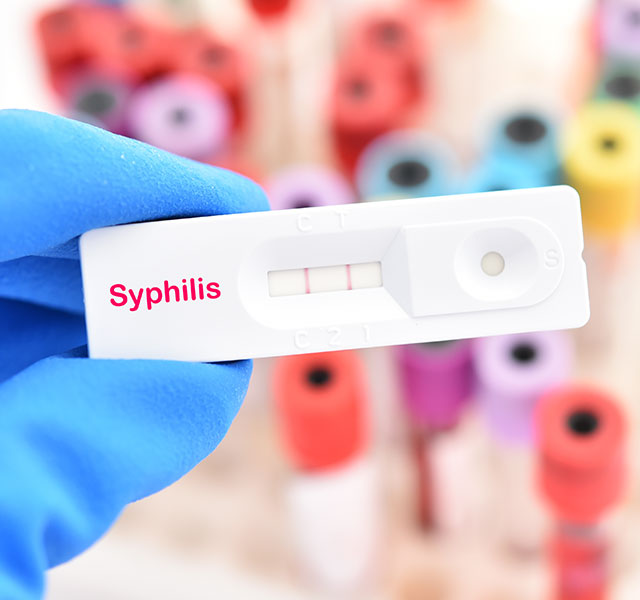
In HIV hotspot Detroit, researchers aim to train more physicians to prescribe PrEP
DETROIT – Of the 1.2 million people in the United States who could benefit from HIV pre-exposure prophylaxis, or PrEP, only about 25% are...
Young or old, we are all vulnerable to infectious diseases (also known as communicable diseases). They are caused by germs or small organisms found in everything around us – the air, soil and water – even the food we eat. Germs are also spread from animal and insect bites. While some are harmless or cause mild illness, others – like the flu, pneumonia and meningitis – can be life-threatening and require hospitalization. Because of our expertise in evaluating and managing infectious diseases, you will receive the most personalized, top-notch care at Henry Ford.
Our team of specialists also provide vaccinations, medicine and information on staying safe and healthy while traveling. We also lead Henry Ford’s Global Health Initiative, which focuses on developing best practices and solutions for addressing health care issues facing underserved populations in Michigan and around the world.
While each infectious disease has its own unique signs and symptoms, some common symptoms include:
Germs that cause an infectious disease come in the form of:
Germs are spread many ways. When you cough or sneeze without covering your nose and mouth, tiny droplets are released into the air and can enter another person’s body through their nose, mouth or eyes. Colds and the flu are often spread this way. You can also touch, eat or drink something that has germs on it.
We all can stop the spread of germs by following these practical health tips:
Insect bites are another way infectious diseases are spread. The emergence of infectious diseases in recent years like Zika virus, West Nile Virus and others have caused anxiety and worry in the United States and abroad. These diseases are spread by infected mosquitoes. Most people who are bitten by an infected mosquito linked to these diseases have either mild symptoms or no symptoms at all. Hospitalization is rare.
However, a Zika virus infection during pregnancy can cause a serious birth defect called microcephaly and other severe fetal brain defects. If you are pregnant or trying to become pregnant, we recommend you not travel to areas where Zika is found unless absolutely necessary. If you do choose to travel to these areas, first talk to your doctor or other health care provider and strictly follow these steps to avoid mosquito bites during your trip.

DETROIT – Of the 1.2 million people in the United States who could benefit from HIV pre-exposure prophylaxis, or PrEP, only about 25% are...

Henry Ford Mobile Vaccine Team Delivers Pfizer Vaccine, Sets Up Clinics In Parking Lots of Two Locations Aug. 24 & Sept. 2


Henry Ford Mobile Vaccine Team Delivers Pfizer Vaccine, Sets Up Clinics In Parking Lots of Two Locations Aug. 24 & Sept. 2

To make sure you are protected from the flu this year, get the facts when it comes to getting your annual flu shot.

Syphilis cases are rising at an alarming rate. Find out why this might be happening, when to get tested and how to protect yourself.

Bacterial meningitis, though rare, can be fatal if not diagnosed and treated right away. Learn how you can protect yourself and those around you from getting sick.

From the toilet to your toothbrush, there are several sources of bathroom contamination. Learn what has the most germs in the bathroom and how to reduce them.
We use cookies to improve your website experience. By using this site, you agree to our Terms of Use. Read our Internet Privacy Statement to learn what information we collect and how we use it.